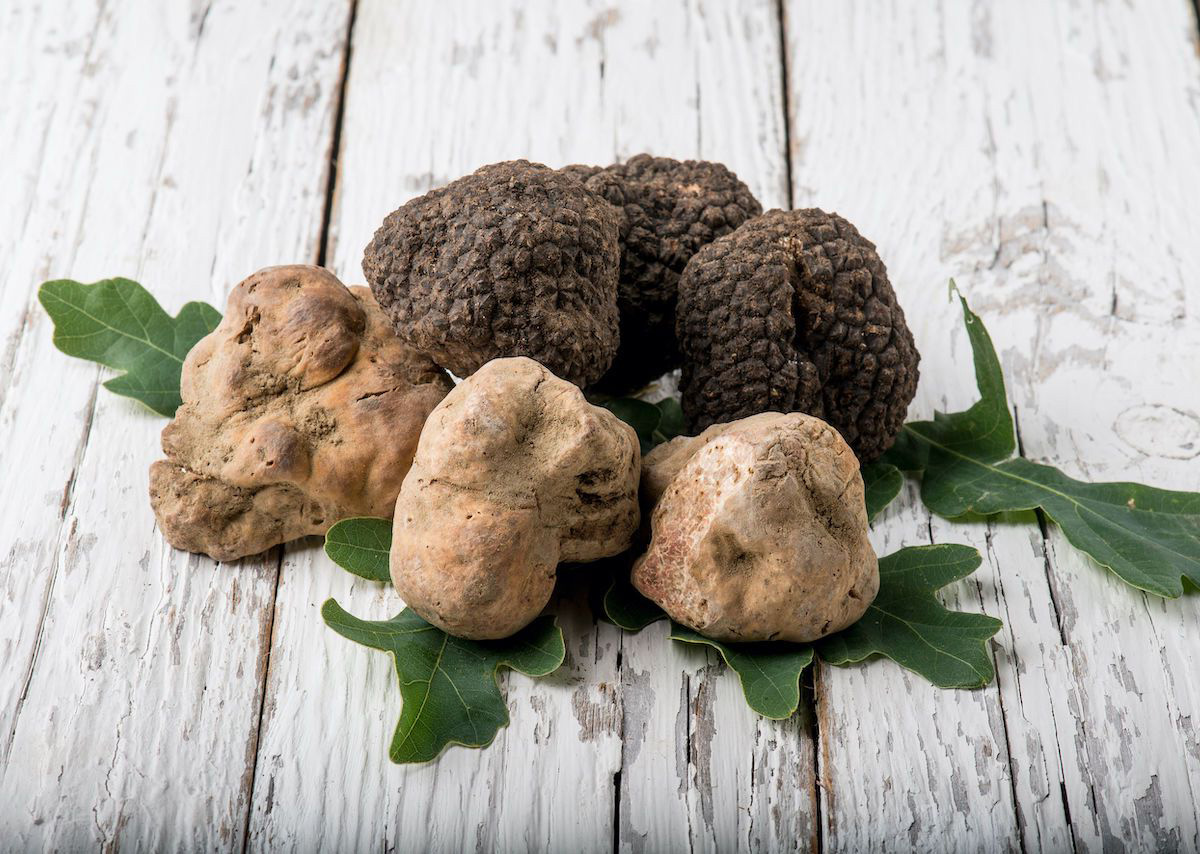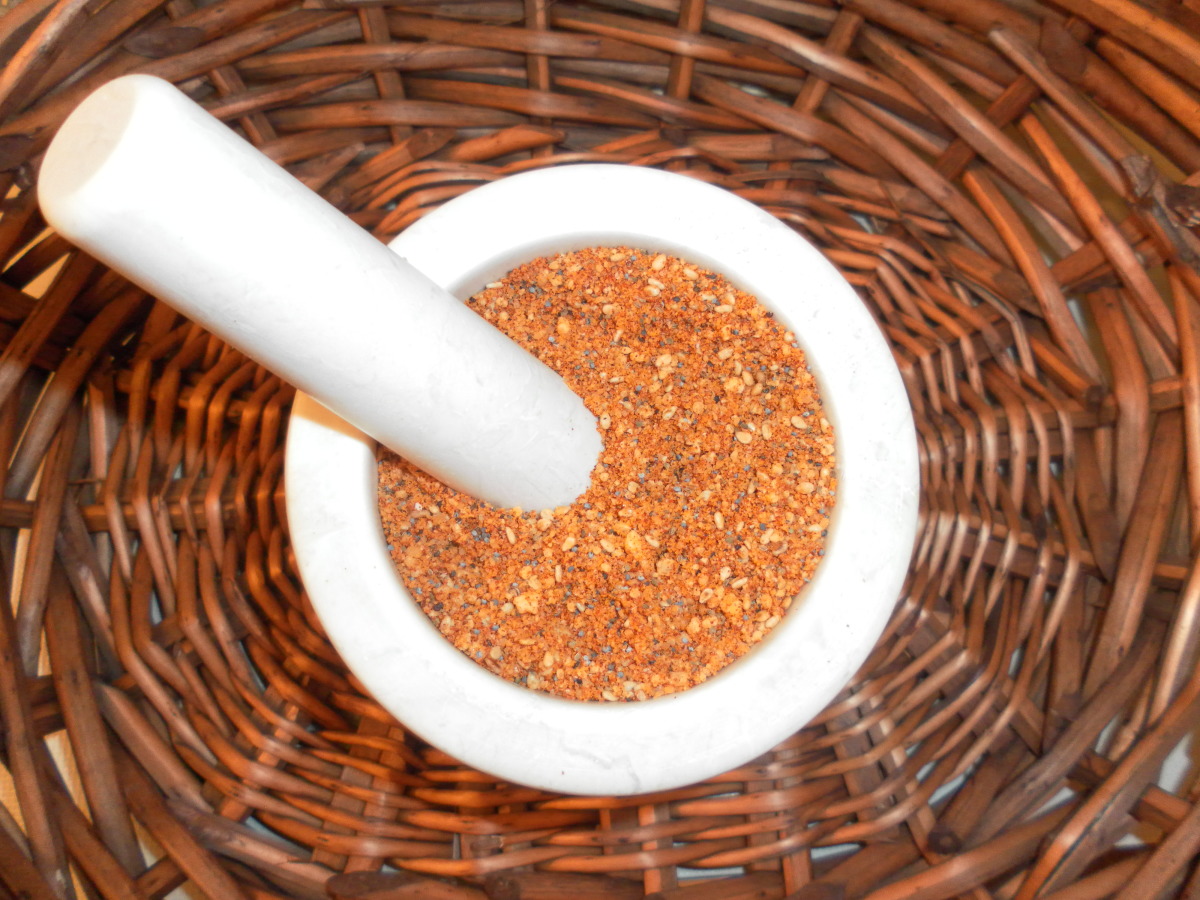Discovering the Wonders of Kefir
Have you ever heard of kefir? If not, you’re in for a treat! Kefir is a fermented milk drink that has been enjoyed for centuries due to its unique taste and numerous health benefits. Let’s delve into the world of kefir and uncover what makes it so special.
What is Kefir?
Kefir is a tangy, slightly fizzy beverage that is made by fermenting milk with kefir grains. These grains are not actual grains, but rather a combination of bacteria and yeast that create a symbiotic culture. The fermentation process gives kefir its distinct flavor and texture, similar to a drinkable yogurt but with a slightly tangier taste.
Health Benefits of Kefir
Kefir is not only delicious but also packed with essential nutrients and beneficial probiotics. Some of the key health benefits of kefir include:
- Probiotics: Kefir is a rich source of probiotics, which are beneficial bacteria that support gut health and digestion.
- Calcium: It is high in calcium, which is essential for maintaining strong bones and teeth.
- Protein: Kefir provides a good amount of protein, which is important for muscle growth and repair.
- Vitamins: It contains various vitamins, including B vitamins and vitamin K2, which are important for overall health.
How to Enjoy Kefir
There are numerous ways to incorporate kefir into your diet. Here are some ideas to get you started:
- Drink it plain: Enjoy kefir on its own as a refreshing beverage.
- Smoothies: Blend kefir with fruits and vegetables to create delicious and nutritious smoothies.
- Over cereal: Pour kefir over your favorite cereal for a creamy and tangy twist.
- Salad dressing: Use kefir as a base for homemade salad dressings for a probiotic boost.
Where to Find Kefir
Kefir can be found in most grocery stores, typically in the dairy or health food section. It is available in various flavors, including plain, fruit-infused, and even non-dairy options for those who are lactose intolerant.
In Conclusion
Kefir is a versatile and nutritious beverage that offers a wide range of health benefits. Whether you enjoy it on its own or incorporate it into recipes, kefir is a delicious way to support your overall well-being. So, why not give kefir a try and experience its wonderful taste and health-boosting properties for yourself?
Was this page helpful?
Read Next: What Is The Instant Pot Trivet











